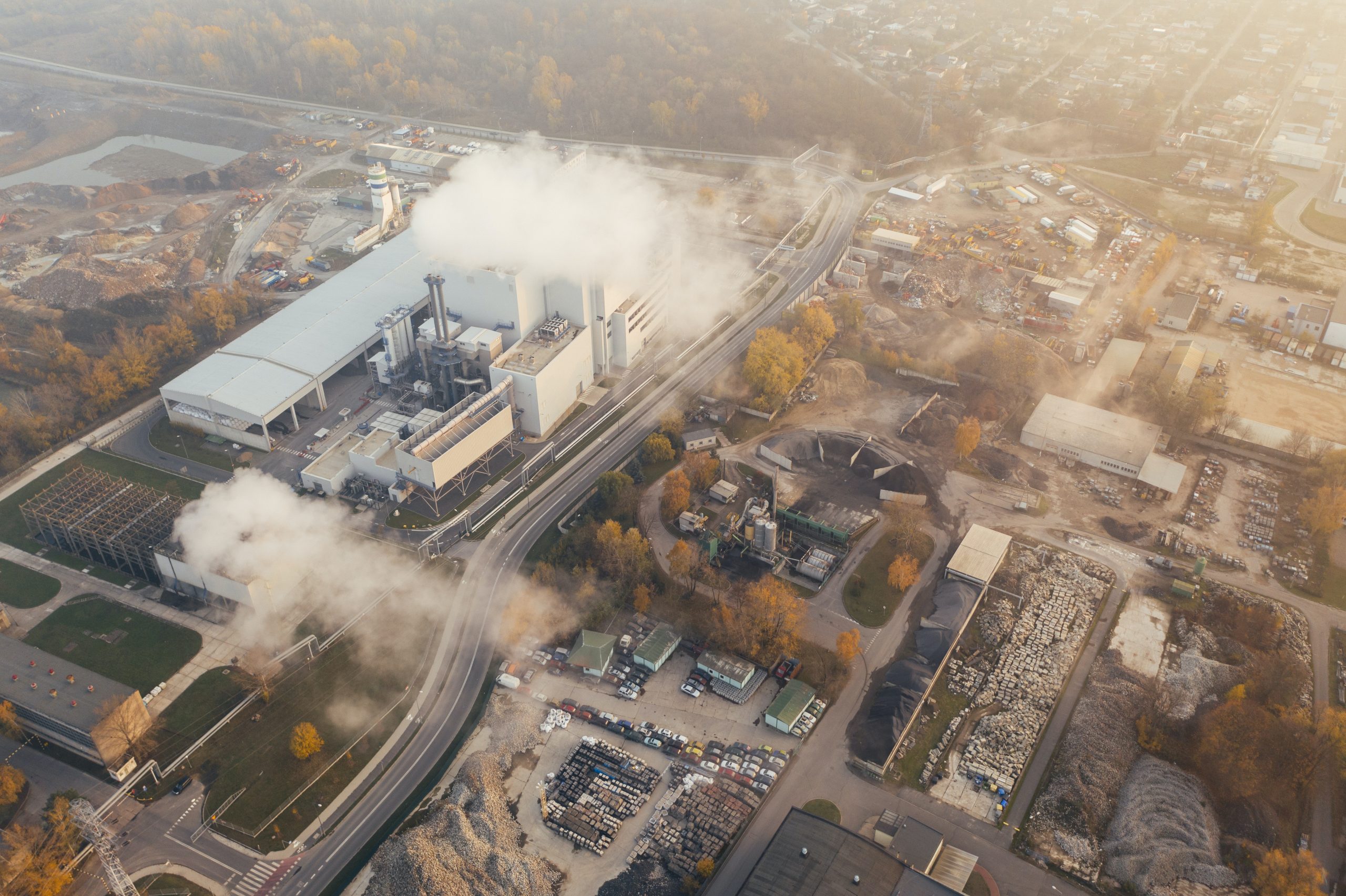EUROPE (Transatlantic Today) – Gas prices continue to soar as fears that the Ukraine-Russia crisis will affect supplies around the world. After President Vladimir Putin ordered troops into Ukraine’s east, one of the international benchmarks, Brent Crude Oil, reached a seven-year high of over $99 a barrel.
Despite Western countries responding with more economic sanctions and attempts to block a key Russian gas pipeline, the oil prices moderated themselves. While this was to be expected thanks to the natural inclinations of the global market at this point, we can expect to see more errant prices and unpredictability in the industry as Ukranian and Russian tensions continue to escalate.
In tandem with the market’s natural adjustment, share prices helped stem losses. During early trade on Tuesday, stocks dropped more than 1.5% before jumping back upwards after a statement made by President Joe Biden, who outlined the US’s response.
The DOW dropped by 1.4%, the S&P 500 fell 1%, and the NASDAQ down 1.2% — indicating an overall lack of faith. This wasn’t exclusive to the U.S., as Japan’s Nikkei 225 Index fell by 1.7%, the Shanghai Composite went down by nearly 1%, and the share indexes in the UK and Europe closed at 0.1% up in the FTSE 100.
Russ Mould, investment director at AJ Bell, was quoted stating that “the West, at the moment. is treading fairly carefully.”
After Saudi Arabia, the next largest oil exporter in the world is Russia. Russia is also the world’s top producer of natural gas.
Restrictive measures could have devastating economic and socioeconomic effects based on the fluctuating prices of oil and on the global economy as a whole. After hitting a record 149.12p ($12.98) per liter on Sunday, the RAC warned that this crisis would only push UK gas prices further.
The steps announced by the US, UK, and Europe have so far fallen short of what had been threatened by an invasion. Sanctions put into place have targeted financial institutions, elites, and other government officials in an attempt to limit the Russian government’s ability to use Western financial markets.
Olaf Scholz, Germany’s Chancellor, went to great lengths in an attempt to stop the certification of the Nord Stream 2 pipeline that would have supplied gas from Russia straight to Germany.
U.S. President Joe Biden stated that “if Russia goes further with this invasion, we stand to go further.” This could indicate more embargos or restrictive measures going forward.
The president went on to warn that defending NATO territory could come at a cost to the public in the form of higher energy prices. Just since the start of February, oil prices have risen more than 10%.
An investment director at Fidelity International, Maike Currie, said that oil could jump to over $100 a barrel due to a combination of a cold US winter, a lack of investment in oil and gas supplies, and the Ukraine crisis.
Russia has spent a long time preparing for this moment, as seen with the 2014 invasion of Crimea that ended with Russia annexing a part of Ukraine — thus provoking their first round of international sanctions.
That taught Moscow a very important lesson.
Ever since then Russia has been setting defenses, moving away from its reliance on the dollar, and trying to make the Russian economy as sanction-proof as possible.


























